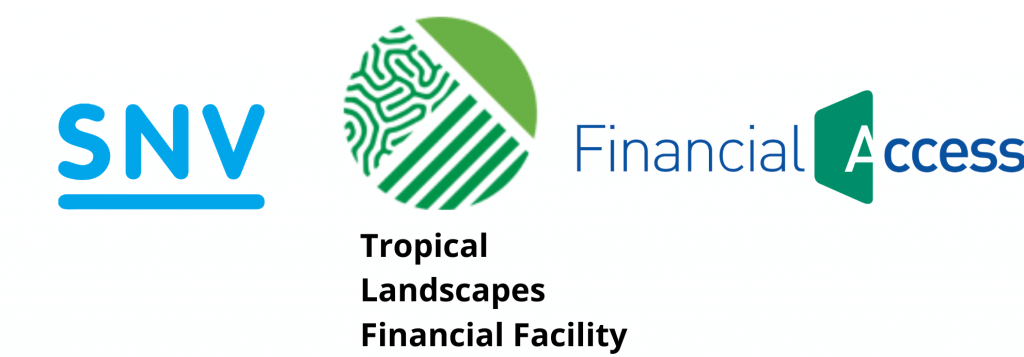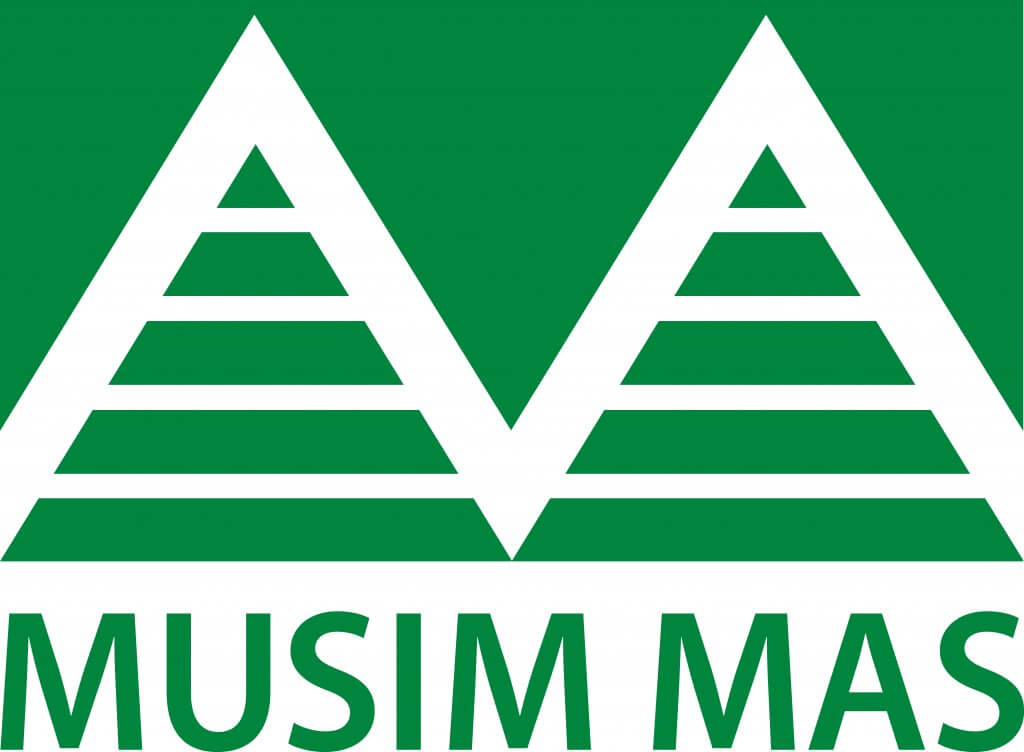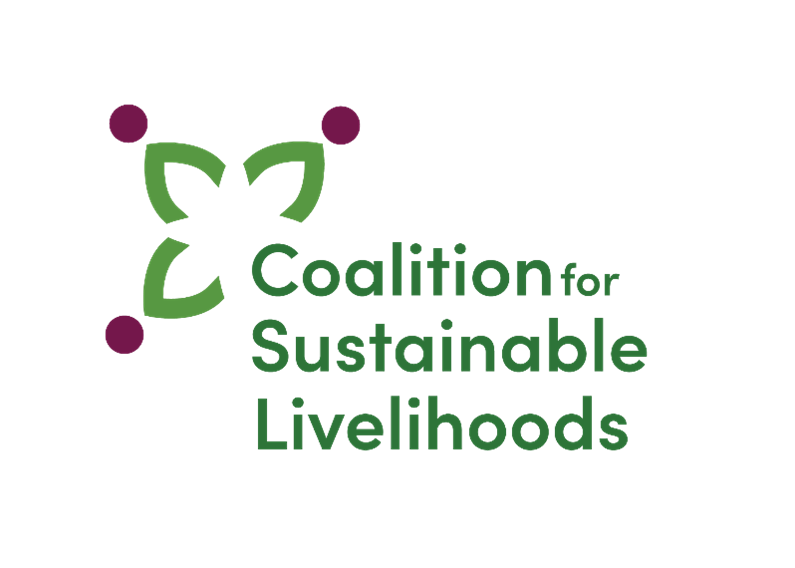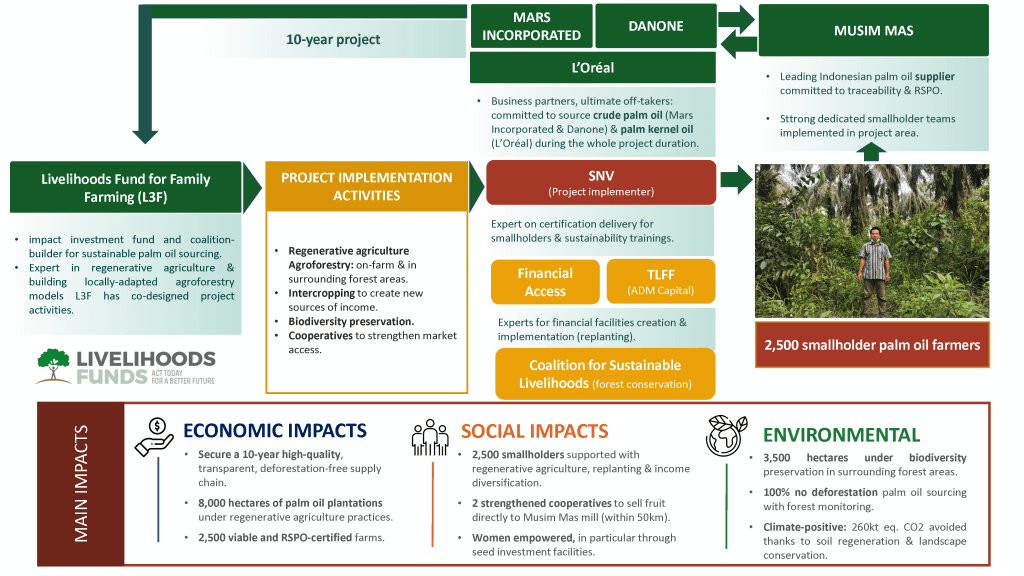Palm oil is at the crossroads of complex economic social, environmental issues. It reflects the contradictions of our world, the interweaving of business, political, ecological interests. To foster a positive move towards sustainability, the Livelihoods Fund for Family Farming (L3F) has built a coalition of Indonesian and international lead players, from the public and the private sector, from business to NGOs. All of them are contractually engaged on the long-term goals of the project and put together complementary means to reach them.
Livelihoods: bringing together lead actors at every step of the value chain
L3F is an impact investment fund co-founded by Mars Incorporated and Danone, later joined by Firmenich and Veolia. L3F pursues a dual mission: help committed brands move to sustainable sourcing models while improving the livelihoods of millions of smallholders. L3F has previously built strategic coalitions in the coconut, vanilla, and shea value chains in the Philippines, in Madagascar and Ghana.
This time, L3F is implementing a 10-year project to contribute to the transition of a fast-growing yet highly controversial industry: palm oil. L3F has leveraged its strong expertise in agroecology and sustainable sourcing to co-design the project activities which rely on regenerative agriculture and agroforestry. Alongside its local partners, L3F has designed an innovative 360° approach where smallholder can combine better yields, restored biodiversity, and diversified sources of income.
Lead brands committed to source palm oil from the farmers during 10 years
Mars Incorporated is a global business that produces some of the world’s most famous brands of confectionery, food, and petcare products and services. The company has been a close business partner and investor in the Livelihoods Fund for Family Farming since its launch in 2015. With Musim Mas as an indirect supplier of palm oil, Mars has committed to purchase crude palm oil produced by smallholders in the project area (through Musim Mas mill PT. Siringo Ringo) for the whole duration of the project.
Danone is a leading global food & beverages company, committed to bring health through food to as many people as possible. Danone is also a funding member of the Livelihoods Fund for Family Farming. The brand has committed to source crude palm oil purchased through Musim Mas, during 10 years as well. Mars and Danone both play a key role in investing in the project’s development costs, while ensuring long-term access to market for smallholders. The crude palm oil sourced within the project supply chain will later be used in the production of food products of both brands.
L’Oréal is a leading brand in the beauty and cosmetics industry. Together with Livelihoods, L’Oréal has committed to support financially the project activities and purchase RSPO certified Palm Kernel Oil produced by smallholders in the project area, via a multi-year purchase commitment with its supplier Musim Mas. Palm kernel is later used in the processing of some of the brand’s most famous cosmetic products and in the framework of L’Oréal’s zero deforestation strategy.
Musim Mas: lead sustainable palm oil supplier in Indonesia
Musim Mas is one of the world’s largest palm oil corporations with operations spanning the entire value chain. As smallholders represent 40% of Musim Mas supply shed in North Sumatra, Musim Mas launched in 2015 a sustainable sourcing program addressed to independent farmers. Musim Mas has initiated a meticulous work to identify which components would motivate them engage in this transition: from yield to market access, to replanting, legal infrastructures and diversified sources of income. It has already helped 750 farmers in its supply chain obtain an international certification called RSPO (Roundtable on Sustainable Palm Oil) that is hardly accesssible to small producers. Thanks to the Livelihoods project, il will help 2,500 smallholders to get certified.
Local implementers, technical & financial experts to work hand in hand with farmers
SNV Netherlands Development Organisation is one of the few international NGOs working with smallholder farmers in palm oil on the issue of sustainability. Through its Sustainable Palm Oil Programme, SNV has been providing them with technical support, accompaniment to adapt to sustainability standards and help them increase their income. It has over a decade experience in Indonesia, working with cooperatives, primary off-takers, mills, and private companies in several provinces in Sumatra. SNV will play a leading role in implementing the project activities. The training sessions and support on regenerative agriculture will be included to its existing training programme to boost dissemination and commitment among farmers.
Financial Access is a financial services firm, which focuses exclusively on frontier and emerging markets, to provide consulting, advisory and financing services to open financing opportunities and systems for entrepreneurs, lenders, investors. Financial Access will be working on a credit scoring, loan structuring and execution and capacity building of cooperatives. It will play a key role to select smallholders that are most capable and motivated by loans, as well as to screen those that would benefit from training and assistance on replanting. Financial Access will also help identify which smallholders qualify for existing government-sponsored programs, where others may require dedicated solutions.
Managed by ADM Capital Foundation (a philanthropic foundation established in 2006 by investment manager ADM Capital to address environmental and social challenges across Asia) the Tropical Landscape Finance Facility (TLFF) was established to bridge the financing gap between new economic opportunities and livelihoods. Within the project, the TLFF will provide financing to local finance institutions at a competitive rate to finance loans for farmers that fit their needs. Aware of the current administrative burdens that smallholder farmers face and how it slows down the replanting of their palm plots, the TLFF will develop a first ever replantation facility addressed to smallholders.

Collaboration to build local partnerships and share learnings
The Coalition for Sustainable Livelihoods (CSL) is a multistakeholder place-based platform aimed at advancing shared sustainable development goals of government, private sector and civil society in North Sumatra and Aceh. The L3F initiative will contribute to the objectives of CSL to advance sustainable production and improve livelihoods across North Sumatra. CSL provide the L3F initiative a network of partners within the region to share tools, approaches and collaboration to address enabling conditions such as capacity building for forest management and conservation within palm production landscapes.
Building a sustainable & inclusive palm oil supply chain: how does it work?






